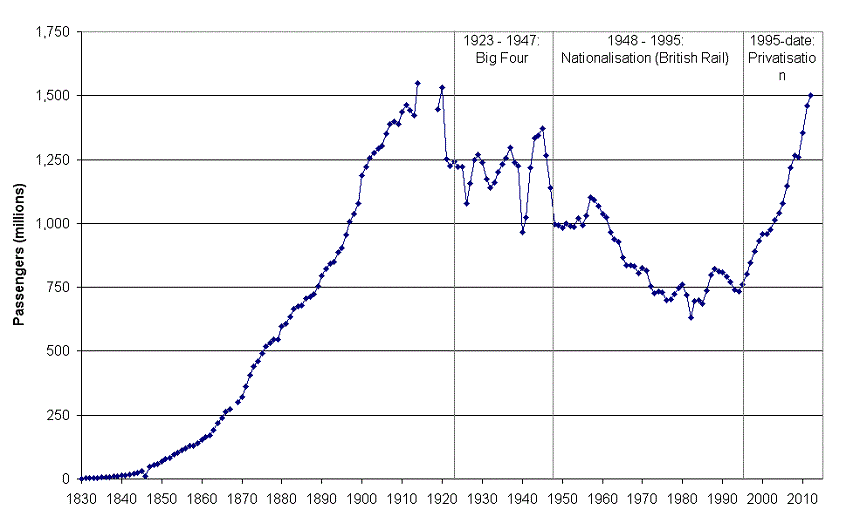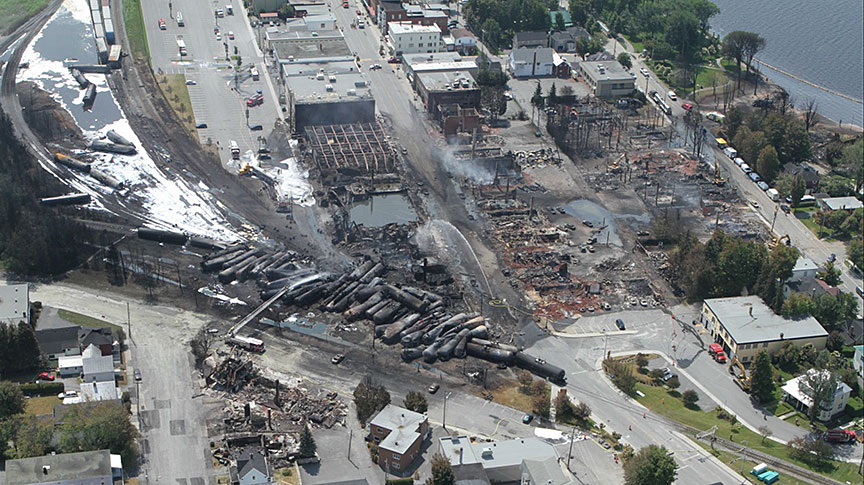Kevin Williamson on the declining trust in government, not just in Ferguson, but across the United States:
The mathematics of civil disobedience has always been pretty straightforward: As Mohandas Gandhi pointed out to the raj, 100,000 government officials cannot control 350 million citizens if the citizens do not cooperate. There are not enough police in St. Louis County to control the people who do not wish to be controlled by the police in St. Louis County, as least as currently constituted. There are two ways to govern: By consent or by terror. In the United States, we govern by consent.
(Mostly.)
We spend altogether too much time talking about sentiment, e.g., polling Americans about whether they feel that the laws of economics apply in any given situation, as though their feelings were relevant to it. But there are occasions upon which sentiment must be considered, and considered seriously. One is the matter of public confidence in institutions, and the other is in the very serious business of consent.
On the matter of confidence, it is difficult to fault the critics of the Ferguson and St. Louis County police authorities. They do not give a very strong impression of competence, and the relationship between police and community appears to be adversarial on both sides. The police have been less than forthcoming, and their release of information has been self-serving. Ferguson already was a relatively high-crime area and economically depressed, meaning, almost by definition, that local institutions were failing to do their jobs. There are looters, adventurers, and opportunists, of course, but the fact is that people in the town of Ferguson, Mo., could be at home watching television or updating their Facebook pages but instead are protesting the performance of their local government. That is not an insignificant fact.
[…]
We have seen withdrawals of consent before, and we will see more in the future. From cracked Texas secessionists and Cliven Bundy to the people throwing rocks at police in Ferguson, such gestures are rarely altogether admirable, but that does not make them necessarily illegitimate. (I must confess that I’d have more sympathy with the protesters in Ferguson if they were setting fire to tax offices rather than convenience stores.) (Not that I’m endorsing setting fire to tax offices.) (At this time.) And there are real reasons to consider the question of consent: From local politicians legally looting their communities to federal government that uses the IRS as a weapon of politics, there are real objections to be made. In practical terms, we have a government that interferes with our lives and livelihoods far more than did the one our Founders threw off.
Which is not a call for revolution — it’s a call for rebalancing, for reestablishing exactly who works for whom.





